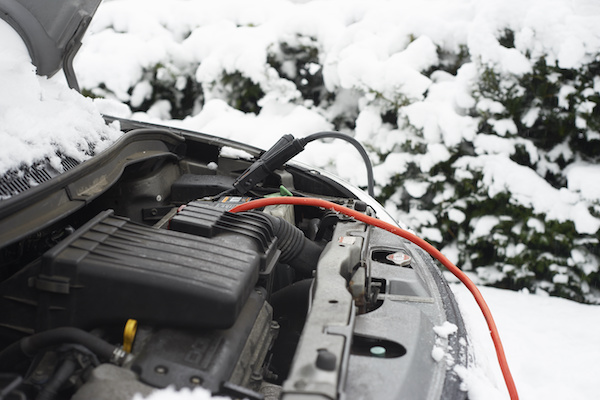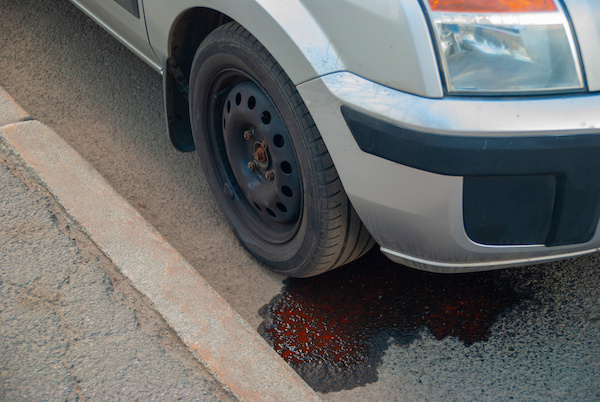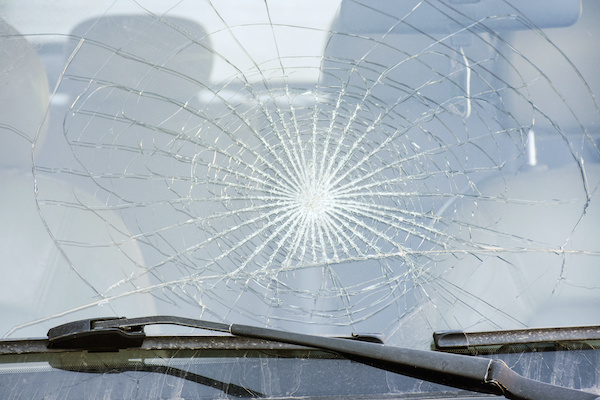Posted on 12/30/2022

Winter is characterized by frigid cold, and as a vehicle owner, you should know that cooler winter temperatures will affect your car immensely. It is especially so during nighttime when the temperatures are even lower than during the day. Winter temperatures will affect your car in the following ways: Tire Pressure The cold will cause tire pressure fluctuations, affecting your driving. The cooler the temperatures, the lower your tire pressure because the air contracts. However, when you drive, the tires will start warming up, causing the air to expand and the tire pressure to increase. The constant inflation and deflation are devastating on tires. Therefore, get winter tires that will undergo less damage due to the conditions. Battery The chilling winter cold is devastating for car batteries. The battery becomes very sensitive when it is cold. The battery cools down during winter much quicker than in other seasons, making it very difficult to start the car. You should check your ... read more
Posted on 11/30/2022
.jpeg)
The alternator and car battery are pivotal to starting your vehicle’s engine. However, it can be difficult to distinguish a charging problem vs. a starting problem. Today, we are bringing you the key differences between a car battery and an alternator and their failing symptoms. Functions of a Car Battery The car battery is responsible for holding chemical energy which eventually gets converted to electrical energy to power the engine. It starts the ignition system and is a major power source for the rest of the car. When the battery is getting used, it gets recharged by the alternator. However, the battery deteriorates over time. It is recommended that you replace your vehicle’s battery every 3-5 years. Signs of a Bad Battery 5 years or older Slow engine starts Corrosion on the battery - typically looks white, blue, or green and clings onto the battery terminals Frequent jump starts Battery Warning Light Illuminated Functions of an Alternator The alternator direc ... read more
Posted on 10/27/2022

Fluid leaks are not an extraordinary experience especially if your vehicle has been on the road for several years. However, it is important to observe the characteristics that accompany the leakages because some of them if not repaired are dire. Luckily, you can differentiate the types of leaks and identify the issue beforehand. Engine oil spills It's either black or brown, but sometimes you can glimpse that distinctive rainbow. Even though an oil leak doesn't necessarily indicate the car needs to be fixed right away, oil is a crucial component of how your engine works. The engine may run dry and crush parts against each other if there are excessive oil leaks, which will cost you a lot of money. Additionally, if oil leaks persist, you will need to keep adding oil, raising the expense of operating the car. Power steering fluid leakage While a leak in the power steering fluid won't stop you from driving, it can swiftly lead to serious and permanent damage. Having said th ... read more
Posted on 9/30/2022
.jpeg)
If your state requires your vehicle to undergo “smog” testing or emissions testing, you must pass the test to renew your vehicle registration. Today, we’ll go over some tips and tricks to help your vehicle pass this test with flying colors so that you can be on your way. First off, repair the check engine light if it is illuminated. If a mechanic sees this on your car on testing day, it is an immediate failure. This is why we recommend planning ahead weeks or months before you’re due for the test. You should get the necessary repairs to reset the light. Make sure your engine is warmed up before testing. The fuel mixture tends to be richer when the engine is cold. When your engine is running for a while, it will reach an optimized temperature and balanced air-and-fuel ratio. Get an oil change. If your oil change interval is close to the testing date, it may be better for you to have it done beforehand. If you have dirty oil running through your engine, i ... read more
Posted on 8/29/2022

The majority of drivers will experience auto glass or windshield damage at one point in their lives. You might hear a loud pop with a chip or a loud shatter if it breaks. After you’ve managed to calm down, it is important to safely pull over and check out the damage. In some cases, you should report the incident to your insurance. Considering that ⅓ of your vehicle’s structural integrity is provided by the windshield, the next step is to find a repair specialist. We understand the devastation of windshield chips and cracks. The team at Neighborhood Tire Pros are here to provide you with quality and reliable auto glass solutions. Read on to learn more about the most common causes of auto glass damage. Road Debris - The most popular cause of auto glass damage comes from kicked up rock, pebbles, gravel, etc. Drivers are at a higher risk when driving through construction zones or off-road conditions.While they can range in size, they can strike your glass surfaces wit ... read more